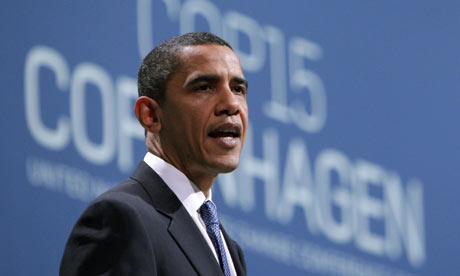It’s been a slow burning fuse. From its first broadcast on the US pay-TV channel HBO, it took seven years for The Wire to accumulate widespread critical recognition in Britain. But it has grown into something bigger than just an artistic success. Like some great Victorian reforming novel David Simon’s epic portrait of the policing, crime and politics of post industrial Baltimore is regularly cited by politicians and leader writers. When they start asking “Why can’t we write The Wire?,they beg question about the state of one of core cultural industries. A raft of other US drama imports from The West Wing to Mad Men all point to the same conundrum. How come American television drama has captured the high end of the market, and we seem to have abandoned it?
It wasn’t always this way. Though America dominated post-war popular television drama from Bonanza to Dallas and Dynasty, Britain still had a healthy export trade. Till Death us Do Part was transformed into All in the Family; Monty Python revolutionised American comedy. But our most important impact was not in quantity but quality. Epic historical series such as Jewel in the Crown, or experimental melodramas such as Pennies from Heaven, set a benchmark for American writers and producers
Though British television drama still basks in the reflected glow of this legacy, something major has happened in the last ten to fifteen years. Back in 1994, I wrote a tribute to Dennis Potter in the New Statesman called “The Death of the TV Author,” about the decline of the single authored play on British TV. This was partly due to a shift towards towards single films which made the director the auteur, but the most obvious cause was the concentration of commissioning In a few hand. Despite the growth of the independent sector, there was actually a centralisation of power and by then four men decided what millions would watch. The difference between 1994 and 2008 startling. Instead of being in the hands of four network controllers, most drama is now commissioned by one person.
Ben Stephenson, currently BBC controller of drama commissioning, has faced a mounting barrage of criticism since he made ill advised remarks last year about a “limited pool of talent” for TV drama. First to speak out was the former head of drama Northern Ireland, Robert Cooper, who explained that the BBC £228m drama budget constitutes a “near monopoly.” A few months later Tony Garnett, who has a 50-year track record which includes launching the careers of Ken Loach and Mike Leigh, accused the nation’s public service broadcaster of being a cause of the decline, having “hired McKinsey and ended up a McDonald’s”. In a recent interview for the Guardian Ben Stephenson offered to meet his detractors and have “robust conservations” with them. But both Ben and his interviewer seemed to have missed the most glaring issue of all: why on earth are these questions being addressed to only one man?
Back in 1994 I was worried about the cultural power of the four network controllers. You can now forget Channel 4 and BBC2: though they can produce fantastic one offs, such as Red Riding and Freefall this year, both have basically dropped out of long-form adult dramas. ITV has fared no better. Back in the 90s the powerful regional baronies such as Granada, Yorkshire TV, LWT and Thames had some autonomy in drama production. But their amalgamation into one corporation, swiftly followed a catastrophic fall in advertising revenue, has turned ITV drama into a shadow of its former self. Whatever one’s view of public service broadcasting – and I personally support it – the combination of monopoly power in the BBC and an almost perfect internal pyramid is a recipe for disaster.
One key argument used to defend management from this mad drive to centralisation, is bizarrely, competition. We live in an increasingly competitive “multi channel, multi platform world,” they say, the BBC needs to concentrate its power to survive.
The Wire debunks this lame defence.








